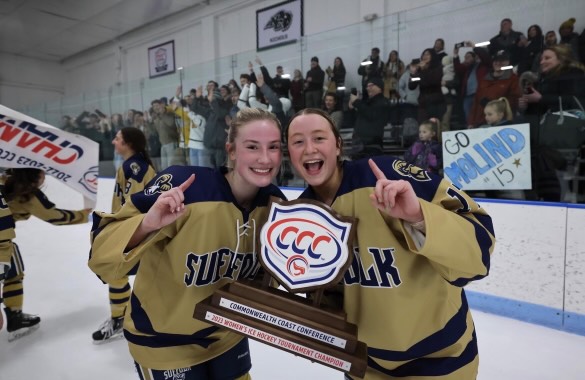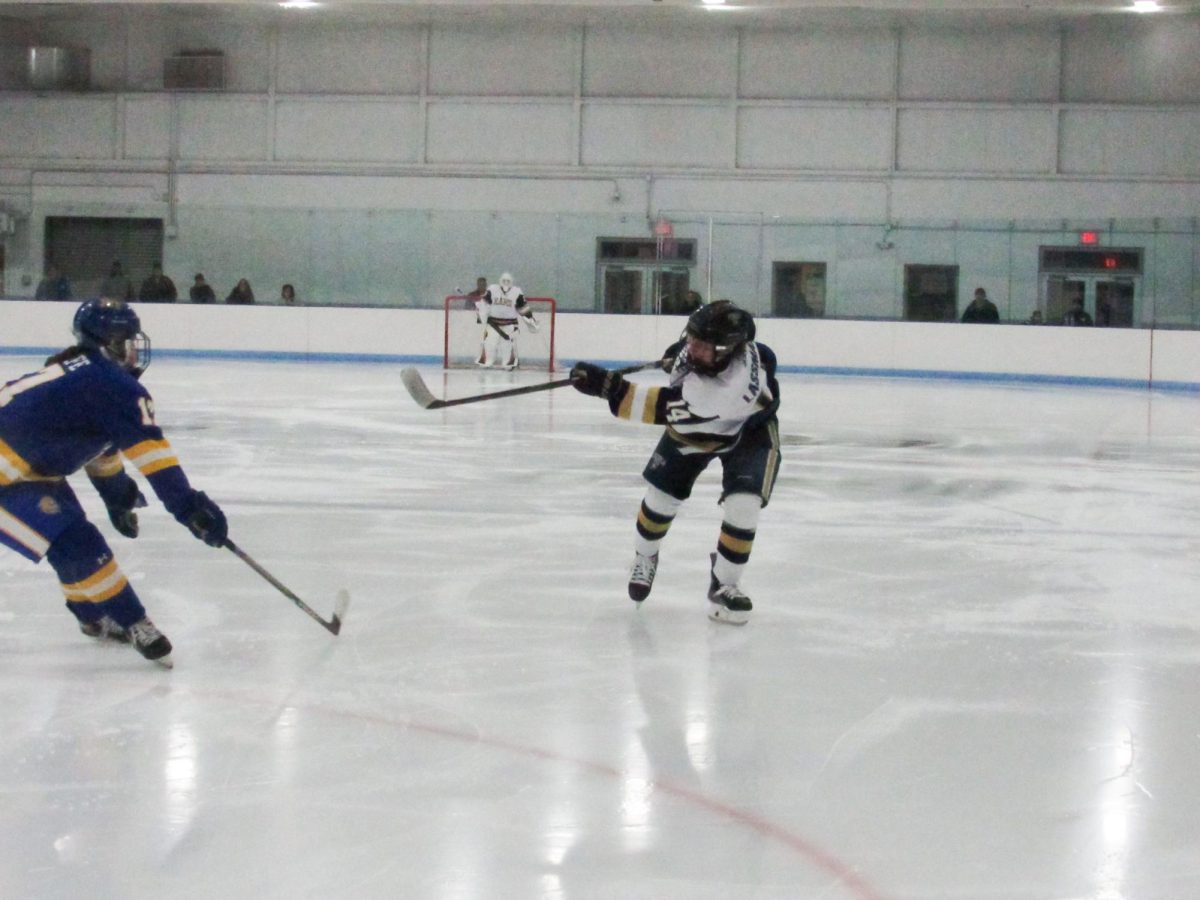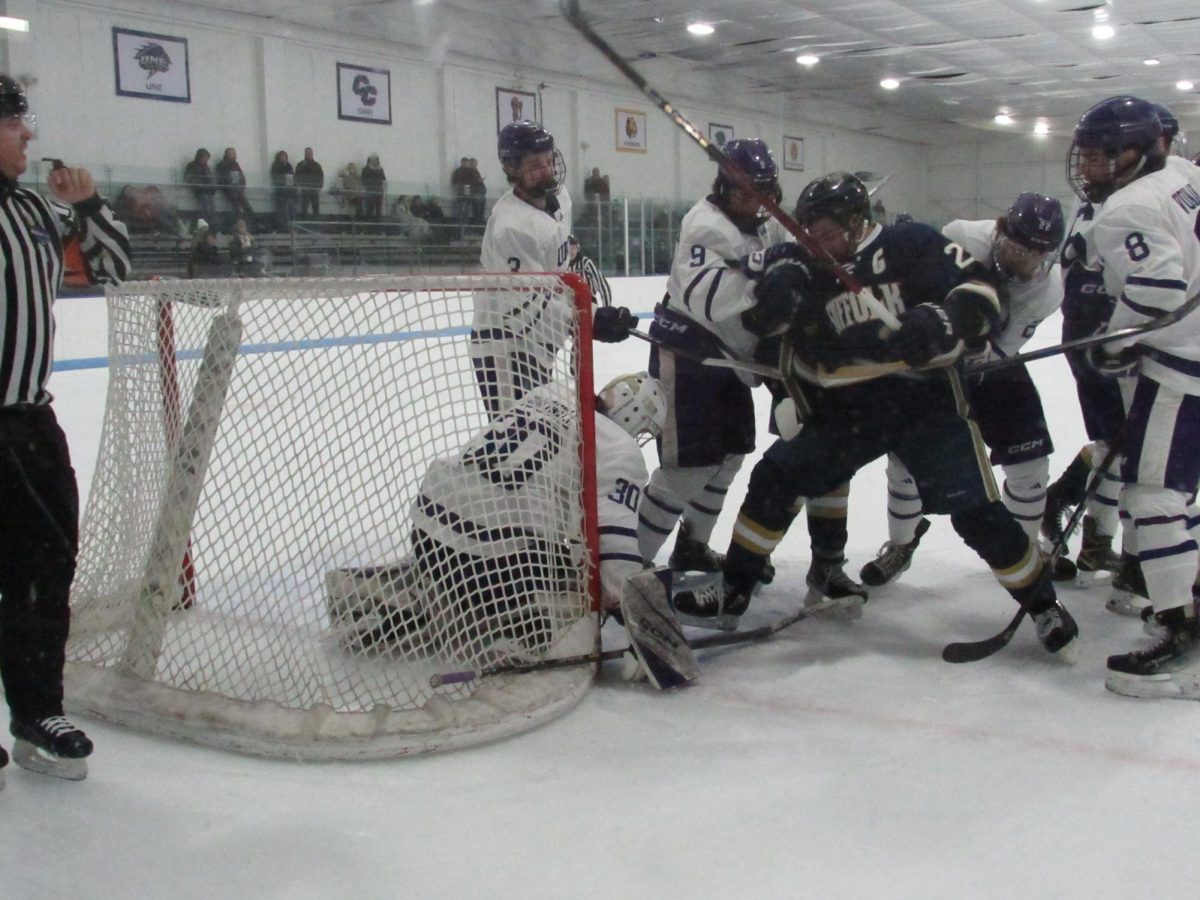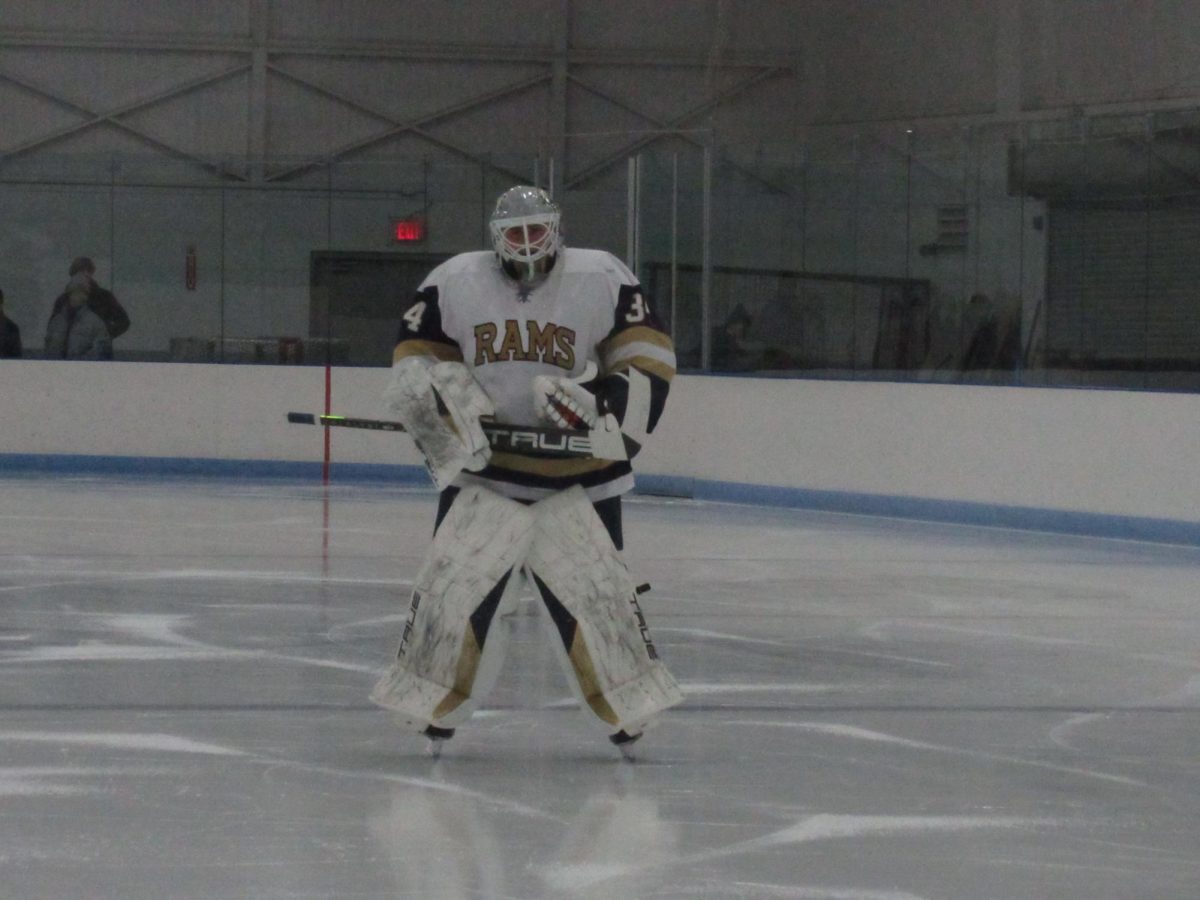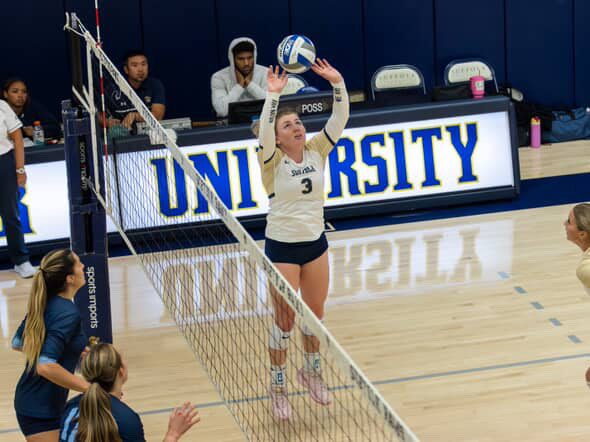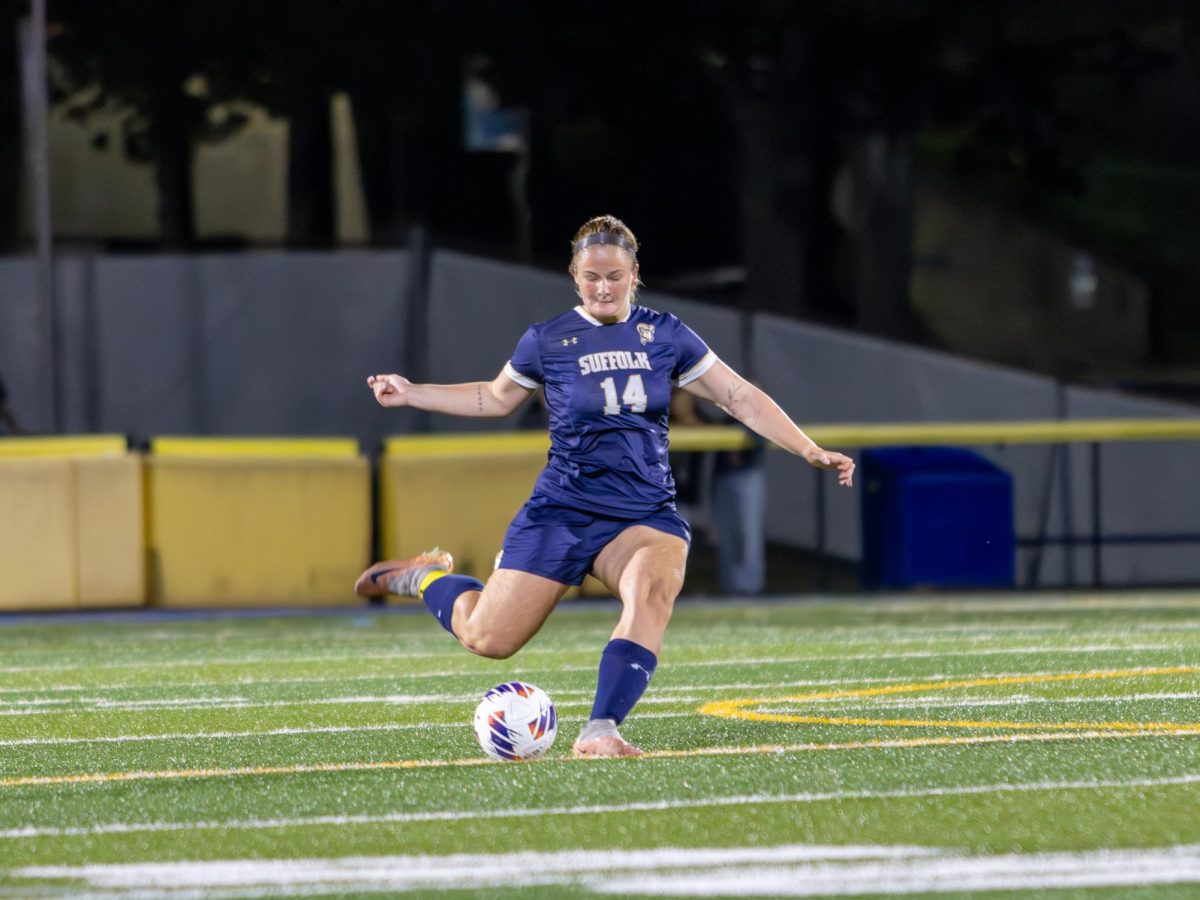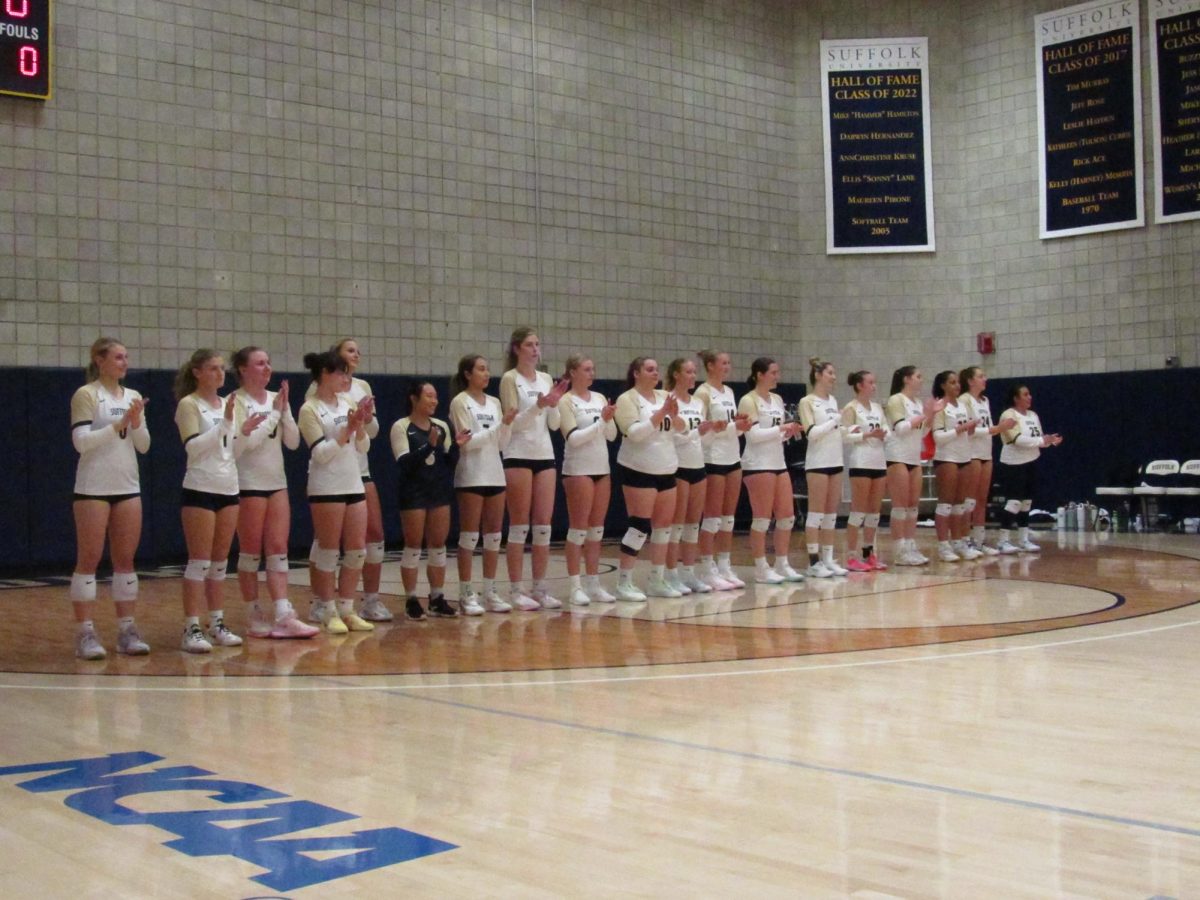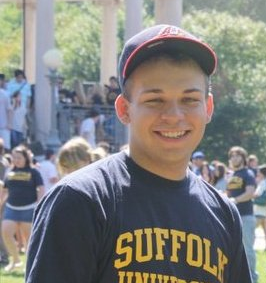The world of front office managing an MLB, NHL or NBA team is one where you can expect to find your name in the news quite a bit; the same cannot be said of their minor league affiliates. For the teams that help develop tomorrow’s superstar players, different approaches must be taken to ensure high attendance and becoming a part of their city’s communities.
President of the Los Angeles Kings American Hockey League affiliate Manchester Monarchs, Darren Abbott, explains the measures his team takes to create a passionate fan base in the small New Hampshire city:
“It takes a full effort from ticket sales to public relations and community relations to really create that passion. If you cannot get the main stream media to cover you, it is tough to really grow. Being active in the community is something that all teams have to focus on as well.”
One of the ways that the Monarchs have gained popularity and gotten involved in the Manchester community is when the team holds its annual “Pink the Rink” game to raise breast cancer awareness.
Instead of driving the giant zambonis onto the ice and creating a crystal clear surface for the home team to play on at the Verizon Wireless Arena one home game each year, the workers will instead prepare an entirely pink rink for the team to play on.
“The 2010 Pink in the Rink Night was the first sell out in Manchester in five seasons,” the Monarchs president said, highlighting it as one of his favorite moments working in minor league hockey.
Abbott came to the 2011 Stanley Cup champions’ AHL affiliate in 2010 when he was recruited to the franchise from his previous job as president of the East Coast Hockey League South Carolina Stingrays. The Stingrays were the league affiliate for the Washington Capitals during Abbott’s tenure and have just recently become the affiliate for the Boston Bruins.
Despite beginning his minor league front office career with the South Carolina-based franchise, Abbott was lured to Manchester because it “has a great history and fan base already established in just nine years of existence at the time,”
The Monarchs came into the AHL back in 2001 as an expansion franchise and have produced two division championships since then. Manchester is also where now-Kings starting goalie and 2011 Stanley Cup MVP Jonathan Quick as well as team captain Dustin Brown got their starts with the franchise.
While those accomplishments are certainly feathers in the caps of the Monarchs and their president, there were some adjustments that Abbott had to make upon his arrival to the team.
“The biggest difference [between jobs] is that in South Carolina I was responsible for hiring our head coach and general manager. I was also responsible for our hockey operations from a budgetary perspective,” Abbott explained.
With the Monarchs, the Kings take care of the hockey operations, allowing Abbott to focus on business operations for his team with twice the office staff that he had with the Stingrays.
One of the team’s most recent business and marketing decisions has been to become more active on social media sites such as Twitter and Facebook. The Monarchs’ account on both sites live tweet during games, as well as do several promotions, like giving away player-signed posters to whichever person can guess will score the first Monarchs goal in a game.
“Social media works very for entertainment businesses. It is the most effective and cost efficient way to activate and grow a fan base,” Abbott said. “We are just getting started with this in our industry; it will be interesting to see where it all goes.”
The Canton, New York-native has seen considerable success since cracking into the business in the late 1990’s after graduating from Mount Allison University. He won the ECHL Public Relations Award in both the 1999 and 2000 seasons while with the Stingrays. Perhaps his biggest individual achievement came in 2007 however, when he was named the league’s Executive of the Year, one of the highest honors a front office member can receive in the ECHL.
While Abbott has been able to succeed in the world of minor league hockey, teams and thus positions can come and go. Abbott himself actually began in the business with the now defunct Roanoke Express. Despite 11 years of play, Roanoke had to shut down operations after the 2004 season.
The Express’ lack of postseason success and consequential lack of attendance ultimately lead to the end of ECHL play in Virginia despite over a decade of play at the Roanoke Civic Center. Over the course of the AHL’s existence starting in 1936, 57 teams have gone belly up while the ECHL has seen 25 teams come and go in its lifetime.
“Our biggest challenge in our industry has been and will continue to be finding, training and retaining quality people,” Abbott believes. The Monarchs president explained that if he was to give one piece of advice to newer minor league teams, it would be to network with people that have experience to formulate a plan. “Give your-self plenty of time to execute and stay with the plan,” Abbott said.
Manchester continues to see a healthy fan base attend its games and has already clinched a playoff spot for the 2013 AHL postseason.




